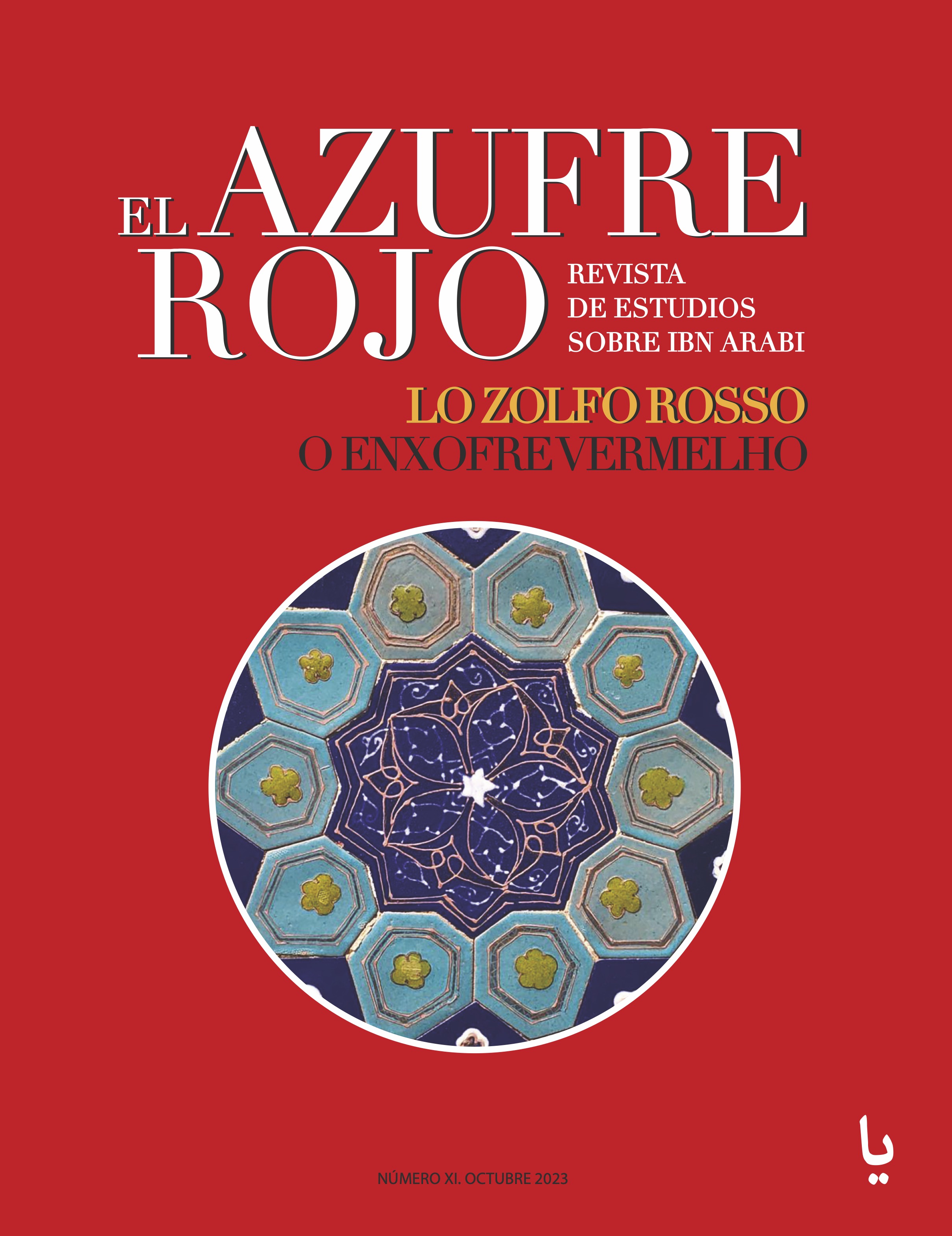CONOCER PARA TRASCENDER, MORIR PARA VIVIR. UNA COMPARACIÓN ENTRE LA ANTROPOLOGÍA FILOSÓFICA DE MUHAMMAD IQBAL E IBN ‘ARABĪ
Resumen
Resumen: El periodo comprendido entre la publicación en 1915 de Asrar-i Khudi (Secretos del sí-mismo) y en 1930 de The Reconstruction of Religious Thought in Islam (La reconstrucción del pensamiento religioso en el islam) supone la consolidación de la filosofía del ḫūdī (sí-mismo) en el pensamiento del filósofo indio Muhammad Iqbal. Un proyecto filosófico para el mundo islámico contemporáneo que pretendía superar, desde la aceptación de la ciencia y algunos elementos de la filosofía occidental, las limitaciones de la tradición islámica y, sobre todo, del sufismo que el autor denomina panteísta. Entre los diálogos profundos que mantiene con la tradición, Iqbal realizó uno muy especial con Muḥyī l-Dīn Ibn ‘Arabī (1165-1240), uno de lo más notorios místicos y filósofos del islam. Un diálogo metahistórico, en forma de crítica, que nos invita a ver las convergencias y las divergencias en aspectos metafísicos y antropológicos de ambos autores. Y, posteriormente, un re-encuentro con el sufí andalusí en el uso del símbolo y en las experiencias teofánicas, especialmente, a raíz de su obra Javid Nama (El libro de la eternidad).
Abstract: The period between the publication of Asrar-i Khudi (Secrets of the Self) in 1915 and The Reconstruction of Religious Thought in Islam in 1930 marked the consolidation of the philosophy of ḫūdī (self) in the thought of the Indian philosopher Muhammad Iqbal. A philosophical project for the contemporary Islamic world, which, through the acceptance of science and certain elements of Western philosophy, sought to overcome the limitations of the Islamic tradition and above all of Sufism, which the author describes as pantheistic. Among the profound dialogues he had with tradition, Iqbal had a very special one with Muḥyī l-Dīn Ibn ‘Arabī (1165-1240), one of the most famous mystics and philosophers of Islam. A meta-historical dialogue in the form of a critique that invites us to see the convergences and divergences in the metaphysical and anthropological aspects of both authors. And later, a reencounter with the Andalusian Sufi master in the use of symbols and theophanic experiences, especially from his work Javid Nama (The Book of Eternity).
Descargas
-
Resumen261
-
pdf183


